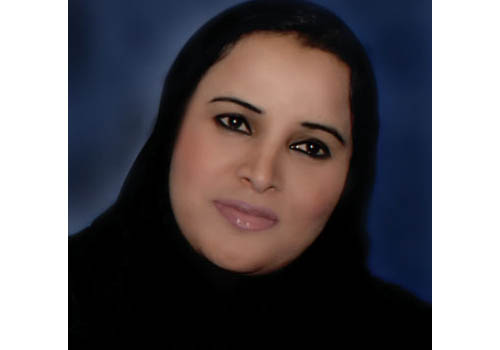Emirati staff retention would not be an issue if companies became employers of choice and challenged their employees, according to Emiratisation experts.
With Emiratis being put through intensive leisure and hospitality training programmes, they become attractive to other industries, such as finance and retail, leading to poaching, which is putting off some managers hiring Emirati staff in the first instance.
But this would not be the case if employers pushed Emiratis forward, according to director of the Centre for Emiratisation Research and Development at the Emirates Academy of Hospitality Management John Mowatt.
"When an Emirati goes through a hotel they become very attractive to other industries because they have very good skills in dealing with people," he said.
"Retention is an issue, but that's across all industries as there is more demand than supply. That's the problem, but companies have to learn to be employers of choice. They say to us 'but they'll leave', but Emiratis will stay with employers who push them forward," Mowatt said.
It is also a fallacy that Emiratis do not like working in the hospitality and leisure industry said Mowatt.

Advertisement
"They like the industries; it's just a case of giving them the career opportunities, the empowerment, the development and the fostering".
Working closely with the Department of Tourism and Commerce Marketing (DTCM), Emiratis are entered into training programmes and channelled through the hotel industry where they work in guest relation roles, front of house, gyms and spas.
"We are dealing with entry level jobs, but the courses are seven weeks, with four weeks in college and three weeks in a work placement. But the aim after graduation is to encourage further development and for Emiratis to move up to the next level of jobs," said Mowatt.
Mowatt also stated that Emiratis in the hospitality and leisure industry made a huge difference to the experience of clients and tourists.
"When people come to Dubai they want to have a flavour of the Emirates and that can't happen without Emiratis. We have found that Emiratis bring their own sense of culture and hospitality to the whole process.
"Guests prefer to see Emiratis at the concierge desk and in the gym. It's a competitive advantage and time and time again I notice the difference when guests come across Emiratis. Therefore, it is important to build a sustainable workforce of nationals," Mowatt said.
But it was not only some of the hospitality managers who needed convincing that a career in leisure and hospitality was suitable for an Emirati, according to director of the Employment and Skills Development Centre, Noora Al Bedur.
"People within the hospitality and leisure industry are becoming aware of what we are doing. But there is a challenge, because parents don't understand what, for example, the hotel is doing. They think hotels are just bars, dancing and room service," she said.
"They don't realise at first that there are so many different types of jobs, such as public relations or finance within the leisure and hospitality sector."
To challenge this view, Al Bedur said the decision was made to take parents of prospective course applicants into the work-experience environment, giving them a better understanding of the nature of the industry.
Al Bedur stressed it was essential for people to be aware of the issues as there was a real need for Emiratis to enter into the leisure and hospitality industry.
"Tourism is around 10% of our income at the moment and I think we have to participate in building our economy and developing our country. It is a social responsibility for this country," Al Bedur concluded.
Challenging staff promotes retention |
Next Top Stories
More LEISURE Stories









 Search our database of more than 2,700 industry companies
Search our database of more than 2,700 industry companies









